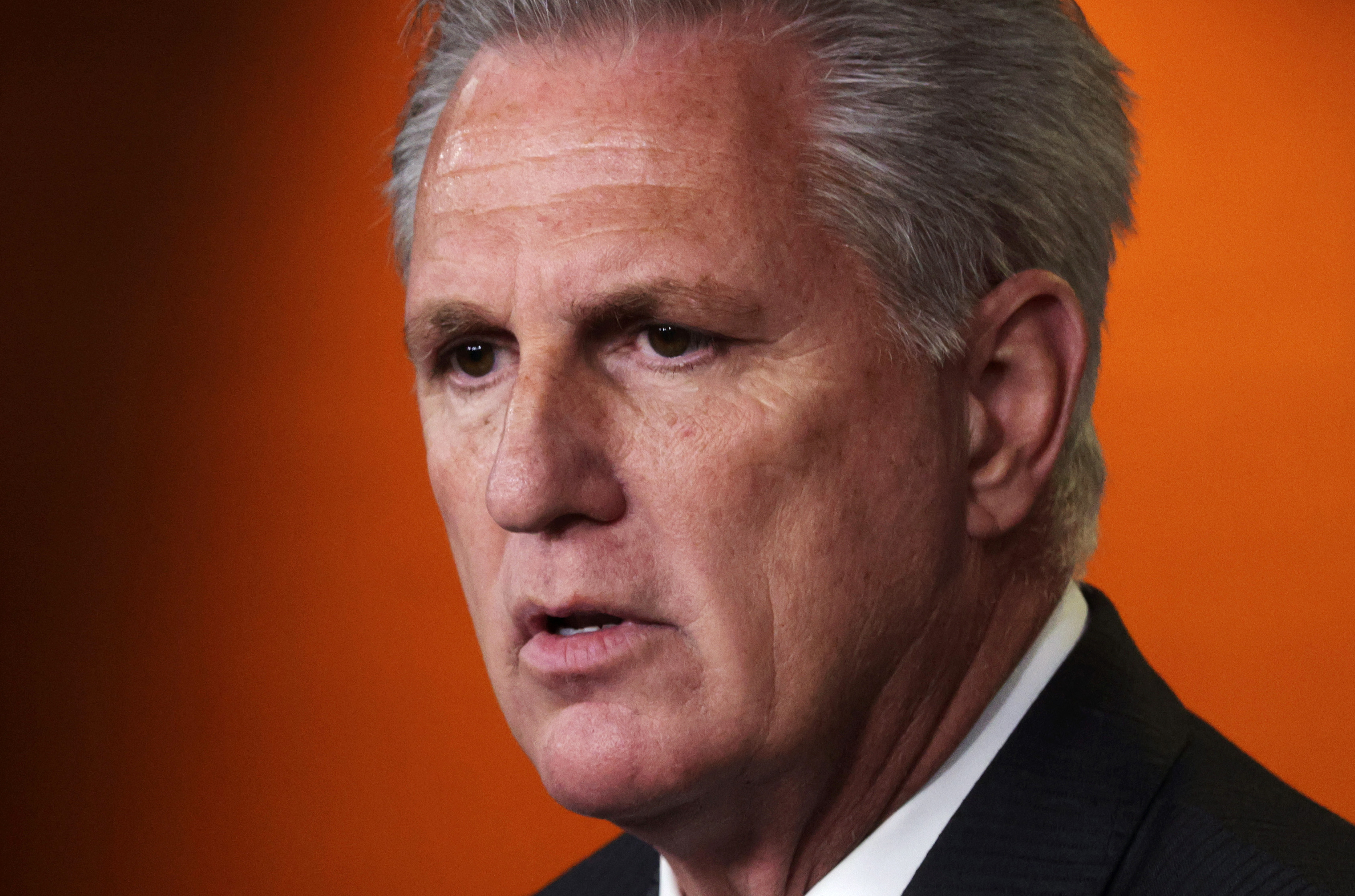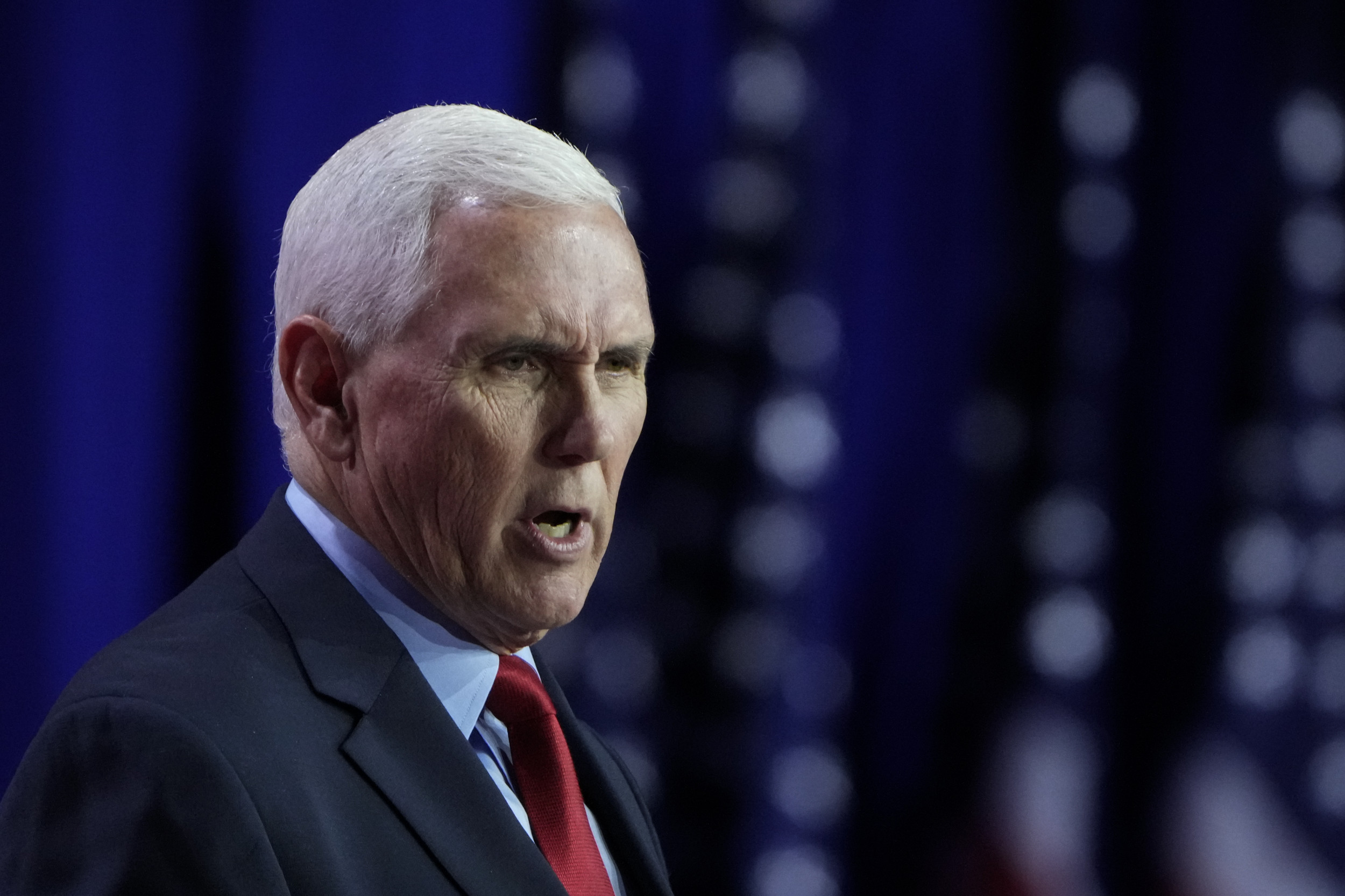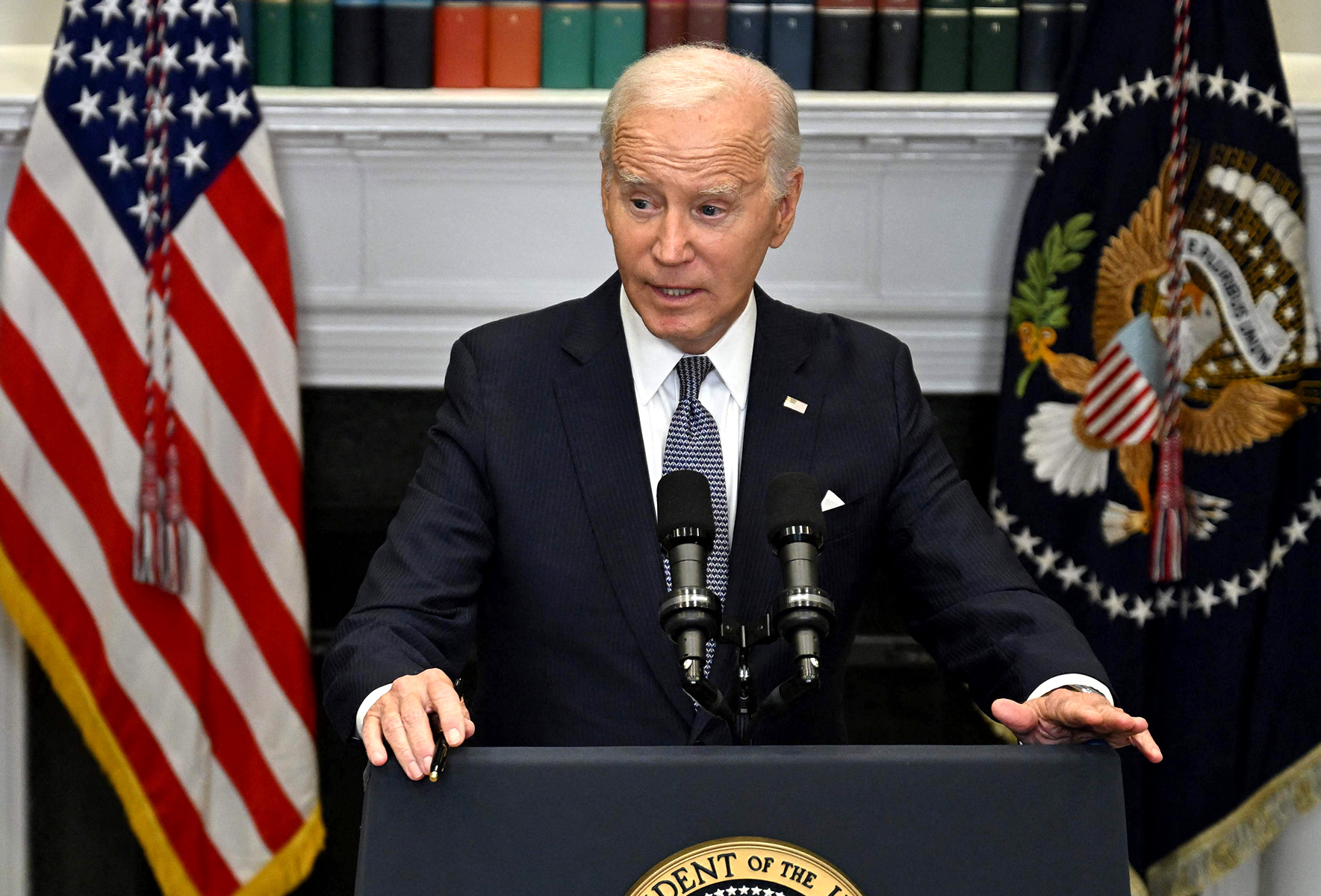
In sports, they call it "the retirement of a seasoned athlete." Just as professional athletes must make the decision to retire at the right time in their careers, we all must recognize when it's the right moment to step away or move on. And just as many athletes leverage their experience to stay involved in the sports world, we are finding that many physicians who are thinking about early retirement also want to stay in the game in one way or another — either by working part-time, consulting or even working in non-patient-facing roles.
The healthcare industry is bracing itself for an impending wave of retirements as a record number of physicians near retirement age. According to a 2022 report by the Association of American Medical Colleges (AAMC), nearly half of practicing physicians were already over the age of 55 in 2021. Coupled with the increasing issue of physician burnout, the anticipated retirements pose a serious threat to an industry already facing significant challenges.
In sports, retiring at the peak of one's abilities is often seen as a wise move. Athletes who stay past their prime may experience a decline in performance and struggle to maintain the same level of success. Similarly, in other areas of life, there are times when staying in a situation for too long can lead to diminishing returns or missed opportunities for personal growth.
Knowing when to leave requires a combination of self-awareness, assessment of one's skills and goals, and the ability to recognize changing circumstances. Ultimately, like a retiring athlete who transitions to a new role as a coach, commentator, or mentor, leaving a situation at the right time can open doors to new possibilities and allow for a smooth transition into the next phase of life or career — both for the one leaving, and for those who carry the business forward.
Our physician recruiting firm recently surveyed the physician and administrator marketplace (download required) to better understand the factors that are impacting the retirement plans of physicians and the expectations of their employers.
Factors Influencing Retirement Decisions
It's not surprising that physician burnout emerged as the primary driver behind retirement plans, according to the survey. The demanding nature of the profession, combined with long hours and administrative burdens, has taken a toll on well-being. Administrators, on the other hand, tended to attribute retirements primarily to age. Recognizing and addressing burnout should be a top priority for healthcare organizations to retain experienced physicians and alleviate the strain caused by their departure.
Economic concerns were identified as a significant factor, as nearly four in 10 physicians reported delaying retirement due to financial considerations. Strategies aimed at providing financial security and offering flexible retirement options may encourage physicians to transition into part-time or consulting roles rather than fully retiring.
Misalignment in Retirement Plans
The survey revealed a notable disconnect between the retirement plans of physicians and the expectations of healthcare administrators. Physicians expressed that a six-month or less notice period would be sufficient, while administrators preferred a longer window of one to three years.
Moreover, while most physicians planned to continue working on a part-time or contractual basis, administrators were more inclined to believe that retiring physicians would exit the medical profession entirely. This disconnect underscores the need for effective communication and collaboration between physicians and administrators to ensure a smooth transition and avoid potential disruptions in patient care.
The Timing of Physician Retirements
Determining the precise timing of physician retirements remains challenging, as it depends on individual circumstances. However, the survey findings suggest that many physicians will retire as soon as they are financially able, regardless of their age. Administrators don't report anticipating this as an eventuality, and there's a strong possibility that the entire sector will be facing increased shortages in the near distant term. Developing proactive succession planning strategies, attracting and retaining new talent, and fostering mentorship programs can help mitigate the impact of this impending wave.
To truly safeguard the industry from the consequences of the wave of retirements, healthcare organizations need to adopt comprehensive plans and strategies. Those strategies can take a few forms:
• Organizations should prioritize initiatives to address physician burnout, such as implementing workload management systems, providing mental health support, and fostering a culture of work-life balance.
• Offering flexible retirement options, including part-time or consulting arrangements, can retain valuable expertise and bridge the gap left by retiring physicians.
• Partnering with a recruiting firm to create a best practice on everything from how to time your recruiting efforts, to how to best identify candidates, to how to create retention and succession plans that hedge against the impact of physician shortages on your health system or practice.
The Prescription Is Communication
Survey data is helpful in diagnosing the problem, but anecdotal information tells us what the numbers don't. The biggest pain point for administrators is not wanting to make physicians feel like they are being pushed out — but physicians often say they are afraid of the same thing; they don't want administrators to feel like they have one foot out the door. Creating a safe space — both emotionally, and within the confines of your human resources policies — to talk through plans is the only way for both parties to prepare. Trust helps diminish fear, and strategies with plans that take inevitable retirements into account can reinforce intentions.








